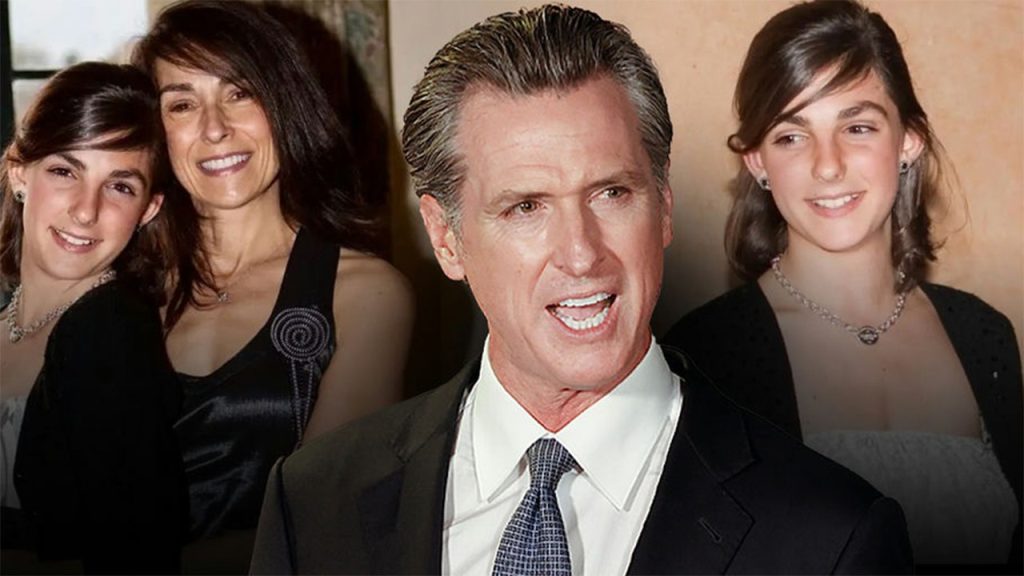The tragic death of 13-year-old Emily Shane in 2010 continues to haunt her parents, Michel and Ellen Shane, as they tirelessly fight to keep her killer behind bars. Sina Khankhanian, driven by suicidal thoughts after losing his job, embarked on a reckless 17-mile rampage along the Pacific Coast Highway, culminating in the devastating collision that claimed Emily’s life. Khankhanian, diagnosed with autism, Tourette’s syndrome, and obsessive-compulsive disorder, was convicted of second-degree murder and sentenced to 15 years to life. Despite the Shanes’ vehement objections, a parole board granted Khankhanian parole in both 2023 and 2024. While Governor Gavin Newsom reversed the 2023 decision, he has yet to intervene in the 2024 ruling, leaving the Shanes in agonizing anticipation of Khankhanian’s potential release.
The Shanes vividly recall the horrifying events of that day. Michel, waiting at a traffic light, witnessed Khankhanian’s erratic driving, weaving through traffic at dangerous speeds. Moments later, he arrived at Emily’s designated pickup spot only to find her gone. The devastating truth soon emerged: Khankhanian had struck Emily, throwing her 30 feet and leaving her lifeless body on the roadside. The Shanes’ grief is compounded by Khankhanian’s callous indifference following the incident. Witnesses recounted his chilling words, expressing a lack of remorse and even contempt for Emily. Ellen, grappling with the unimaginable loss of her child, emphasizes that her capacity for forgiveness was shattered by Khankhanian’s blatant lack of remorse. This was not an accident, she argues, but a deliberate act of violence against a young girl.
Khankhanian’s defense attorney, Bradley Brunon, maintains that his client’s autism impaired his ability to foresee the consequences of his actions. He argues that Khankhanian never intended to kill Emily and should have been charged with vehicular manslaughter, a lesser crime. Brunon asserts that the time Khankhanian has served is sufficient punishment. However, the Shanes accuse Khankhanian of exploiting his autism diagnosis to manipulate the system for an early release. They point to recorded conversations in prison where he appears lucid and coherent, contradicting the catatonic demeanor he displayed in court. The Shanes believe this demonstrates a calculated deception designed to garner sympathy and secure his freedom.
The prospect of Khankhanian’s release looms large, forcing the Shanes to relive their trauma annually as they fight against his parole applications. Michel expresses his frustration, stating that while he would prefer Khankhanian remain incarcerated indefinitely, if release is inevitable, it should come at a later stage in his life, after he has forfeited a significant portion of his youth. Ellen, driven by her grief and a desire to honor Emily’s memory, has channeled her energy into advocacy and philanthropy. Michel has become a road safety advocate, producing a documentary highlighting the dangers of the Pacific Coast Highway, where numerous accidents, including the tragic death of four Pepperdine University students, have occurred. He is also developing an educational mobile app game to teach young people about safe driving practices.
Ellen has established the Emily Shane Foundation, a non-profit organization dedicated to providing personalized academic learning and mentoring to middle school students with learning difficulties, a challenge Emily also faced. Ellen finds solace and purpose in this endeavor, seeing it as a beautiful tribute to her daughter’s memory. The foundation has already helped over 1,100 students, and Ellen passionately appeals for donations to sustain and expand its reach. The Shanes’ tireless efforts reflect their unwavering commitment to ensuring Emily’s legacy lives on, not just as a victim of a senseless tragedy, but as an inspiration for positive change in their community.
The Shanes are not alone in their fight. They have garnered support from state senators Ben Allen and Henry Stern, who recognize the injustice of Khankhanian’s potential release. However, the ultimate decision rests with Governor Newsom. While Newsom’s office acknowledges the case is under review, the Shanes remain apprehensive, emphasizing the urgency of the situation and pleading for his intervention. Their plea is not just for Emily, but for all potential victims of individuals who demonstrate a disregard for human life and a lack of remorse for their actions. The Shanes hope that by sharing their story and raising public awareness, they can influence Newsom’s decision and prevent another family from enduring a similar tragedy.

